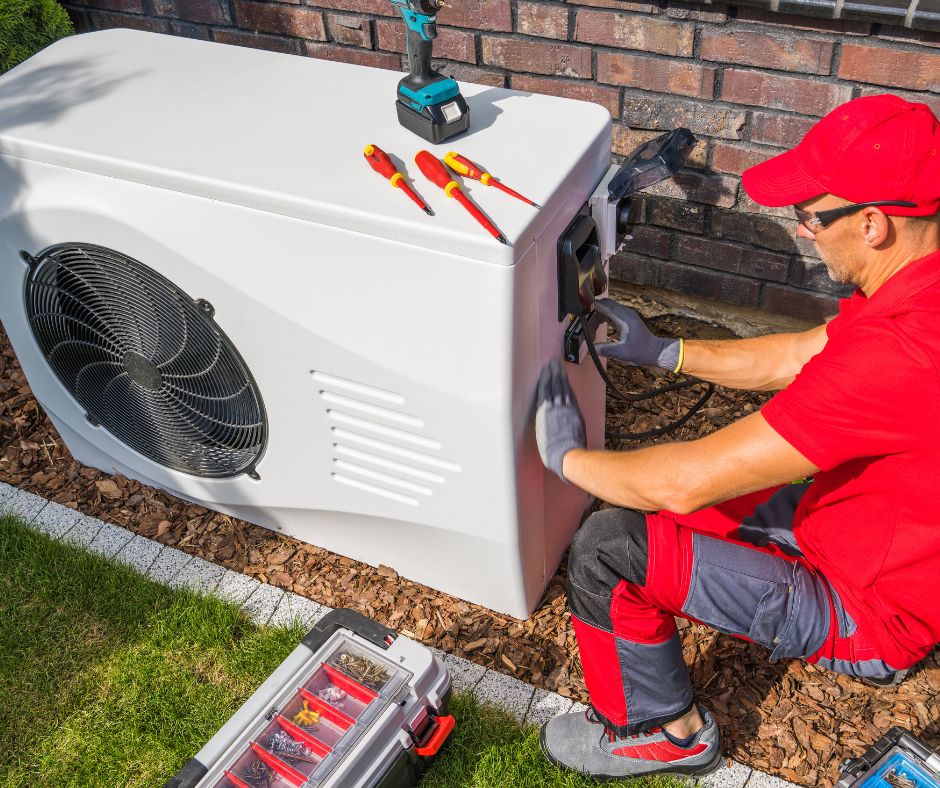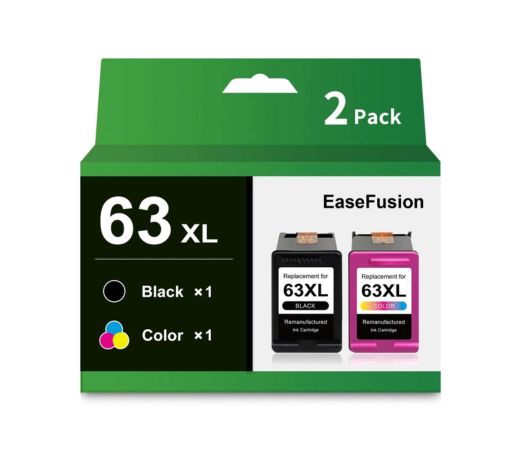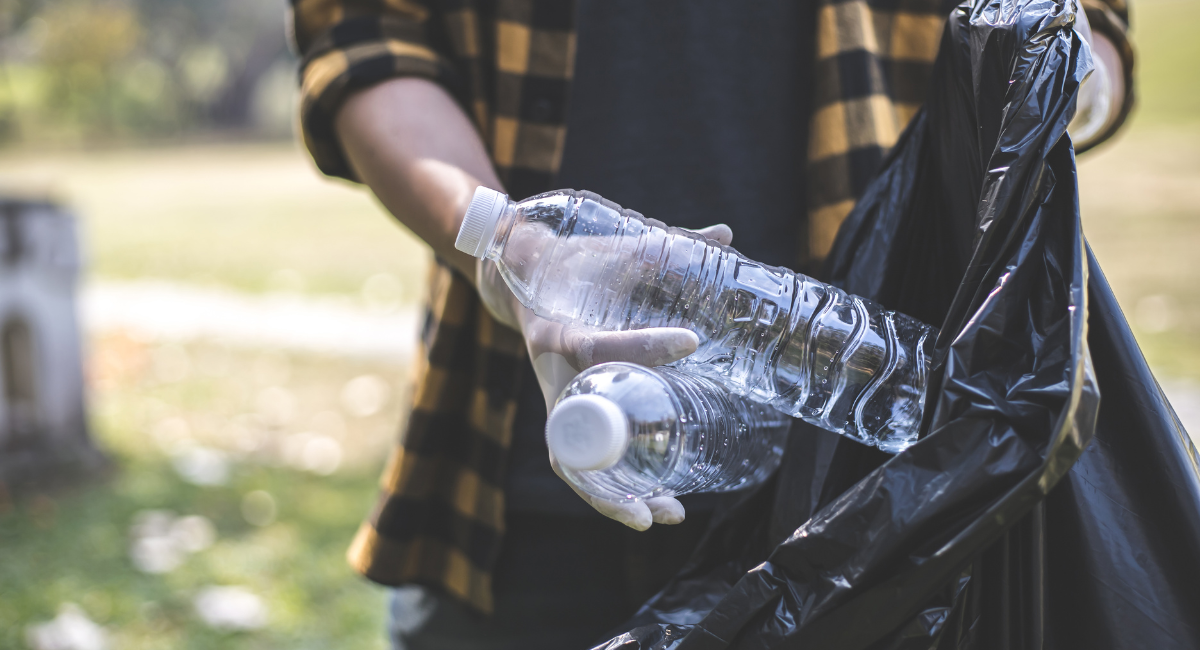An excellent energy-efficient option for regulating the temperature of your home is a heat pump. But did you realize that improper upkeep and irregular servicing could negatively impact your heat pump’s performance and efficiency? Additionally, it could shorten the lifespan of your goods and result in troubles later on. Generally speaking, you ought to change the filter in your heat pump once every month. The air filter can become clogged with dust and debris over time, reducing airflow. Maintaining a clean filter can help your heat pump in Air conditioning run as efficiently as possible and use less energy than necessary. If you have any problem and looking for Bayside heating and air conditioning service, feel free to contact Bay Air Electrical & Conditioning. They provide expert service to maintain your heat pump in air conditioning. If you are confused about how to maintain your heat pump, fear not. Here we discuss all information about your heat pump in the air conditioning after installation.
Understanding Heat Pumps: What You Should Know
Your heat pump requires service to stay in prime condition, just like practically anything else. For your home to remain pleasant and for your heat pump to endure a long time, regular maintenance is necessary. Missing out on routine maintenance and failing to adhere to the manufacturer’s recommendations might result in expensive repairs, ineffective performance, and even a decreased system life. Let us explore the details of heat pump maintenance and how to get the most out of your system.
The operation of a heat pump will first be described. As they transfer heat from one location to another, heat pumps are a very energy-efficient method of heating and cooling homes. Contrary to their name, heat pumps can chill your home by taking heat from the inside and dissipating it outside in a way that is comparable to how air conditioners work.
The main star of the heat pump is refrigerant, a gas that goes through the system via a line set and takes in and releases heat. Taking heat from a chilly environment may seem contradictory, but let us take a look at your refrigerator. The warm air you feel coming beneath it is heat that the coolant inside the refrigerator has absorbed and is pushing outward. Similar to this, your heat pump operates on the premise that moving heat rather than generating it is more practical and efficient.
Why Is Routine Heat Pump Maintenance So Crucial?
Regular heat pump maintenance will keep you comfortable and end up conserving you money in the long run because heat pumps operate year-round heating and cooling your home. Modern heat pump types feature technology that can be more expensive to repair if a problem goes undiscovered, but they are also more efficient. Here are a few advantages of routine heat pump maintenance:
Enhanced Effectiveness
Your system can work more efficiently, increase energy savings, and lower your monthly utility costs if you routinely clean and replace worn-out parts.
Increased System Life
Ongoing repairs will help you keep your heat pump in good condition, increasing its lifespan and preventing expensive repairs and replacements.
Improve Environmental Quality
Allergens, dust mites, and other dangerous particles that can make breathing difficult will be kept out of your home by functional heat pumps.
Maintenance Advice For Heat Pumps
When temperatures fall below a specific level, such as 40°F, it is conceivable that you can experience some problems with your heat pump. Regularly check your heat pump to make sure it is free of obstructions and working properly. Use these suggestions to ensure the most effective and successful operation of your heat pump maintenance frequency.
Away From Drains With Your Heat Pump
Keep the outdoor unit away from dripping gutters. Water on the unit’s top could leak throughout the winter and freeze solid. The airflow will be restricted as a result, and the entire unit will freeze.
Be Active In Preventing The Development
Make it a practice to regularly check your heat pump during the winter for indications of excessive snow or ice accumulation on or around it. Keep the top, sides, and bottom of the heat pump clear of snow, ice, and debris. After terrible weather, this is especially crucial. You will be less likely to experience problems if you monitor this more frequently.
Keep Emergency Heat
As you remove the accumulation, set the thermostat to emergency heat or off. By doing this, your heat pump will not continue to extract heat while you perform maintenance. While you are attending to the heat pump, the thermostat will heat your home; however, after the unit is free of snow and ice, do not forget to switch it back to its regular heating mode.
Use Precautions When Washing
Pour warm water, or even chilly water from a hose, on top of the pump to help melt the snow and ice. To pluck or knock the ice off the coils, avoid using any sharp objects. Serious harm and personal injury may result from this. After cleaning, if the unit starts to ice up once more, call Bay Air Electrical & Conditioning heat pump installation in Melbourne.
Final Words
By following this maintenance advice, you can ensure that your heat pump runs efficiently and dependably for the remainder of its lifespan. Regular maintenance can ensure that your house is comfortable all year round while extending the life of your Melbourne heat pump installation and reducing your energy expenditures. When in doubt or tackling complicated issues, always seek the guidance of Bay Air Electrical & Conditioning specialist who can provide professional direction and assistance.















